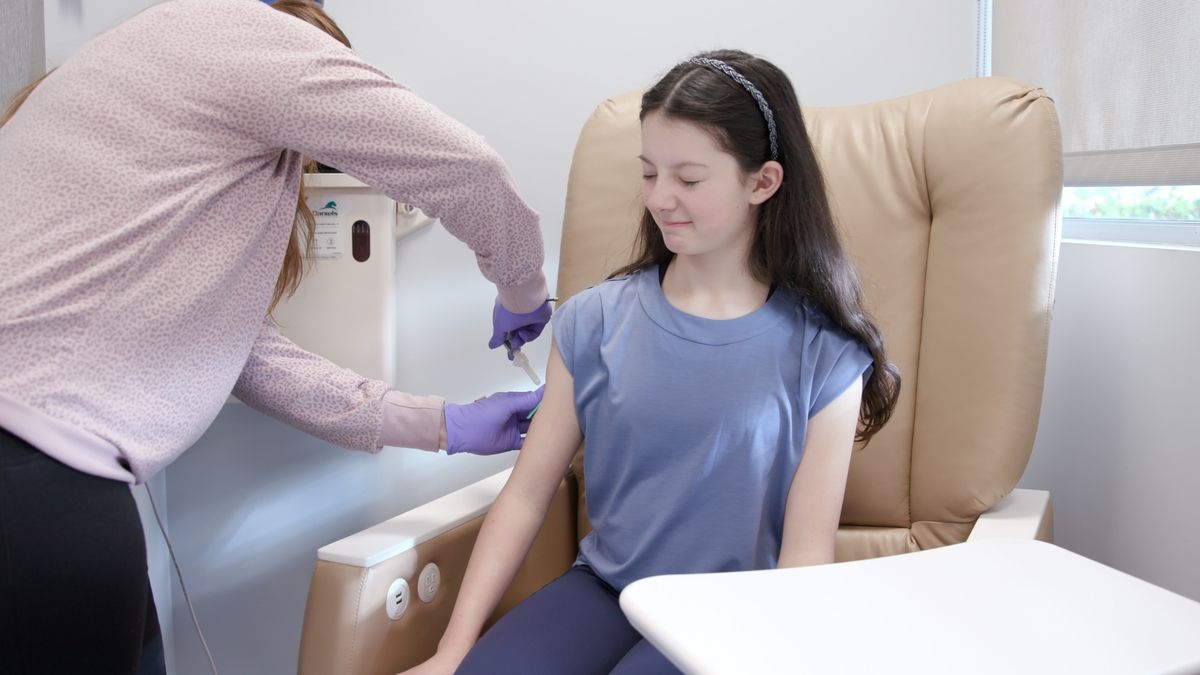
A Promising Pediatric Study on Food Allergies
A recent pediatric study conducted at the Stanford School of Medicine has given a ray of hope to families dealing with food allergies. The study found that the drug omalizumab, marketed as Xolair, has the potential to limit dangerous allergic responses to small amounts of allergy-triggering foods in children. This research, which was published in The New England Journal of Medicine, signifies a major breakthrough for food allergy patients.
The Role of Omalizumab
The Food and Drug Administration (FDA) has approved omalizumab to decrease the risk of allergic reactions to foods in children as young as 1 year old and adults. Regular use of this drug can increase the threshold for an allergic reaction to multiple foods. The OUtMATCH trial demonstrated the significant efficacy of omalizumab in treating multiple food allergies. It revealed that 67% of patients achieved the primary outcome compared to 7% in the placebo group. The trial included 462 participants aged 1 to 55 years with a history of allergy to peanut and at least two other foods.
Expanded Utility of Xolair
Originally used to treat asthma, Xolair is a monoclonal antibody that works by blocking the body’s natural response to allergens. The FDA has now approved this drug to reduce serious reactions from food allergies. It allows about 68% of participants with peanut allergies to tolerate about 600 milligrams of peanut protein, compared to about 6% of those who received dummy injections. It’s been estimated that Xolair could prevent up to 40% of patients who have allergic reactions and 30,000 ER visits a year.
Limitations of Omalizumab
While the findings are promising, it’s important to note that Xolair is not a cure for food allergies. It is only effective for people with Type I food allergies and is not approved for emergency treatment of allergic reactions. The drug comes with a list price ranging from $2,900 to $5,000 a month, with most insured patients typically paying less out of pocket. Despite these limitations, Xolair provides an extra layer of safety for children with food allergies, protecting against severe allergic reactions to peanuts, tree nuts, eggs, milk, and wheat.
Looking Ahead
This research offers new insights into managing potentially life-threatening food allergies in children and may lead to further research and development in this area. As we continue to understand more about food allergies and the impact of drugs like omalizumab, the future looks promising for improved management and treatment of food allergies in pediatric patients.
